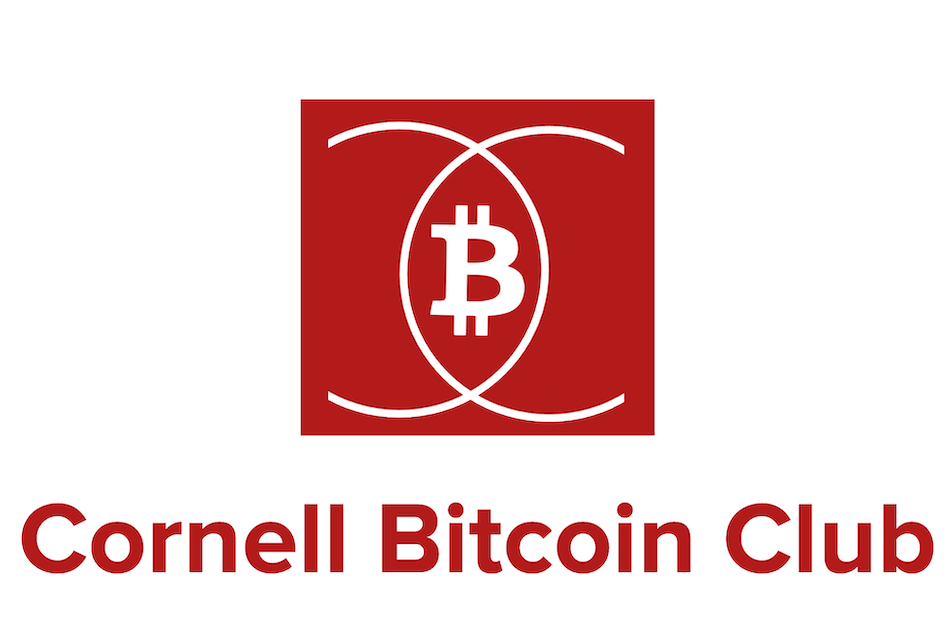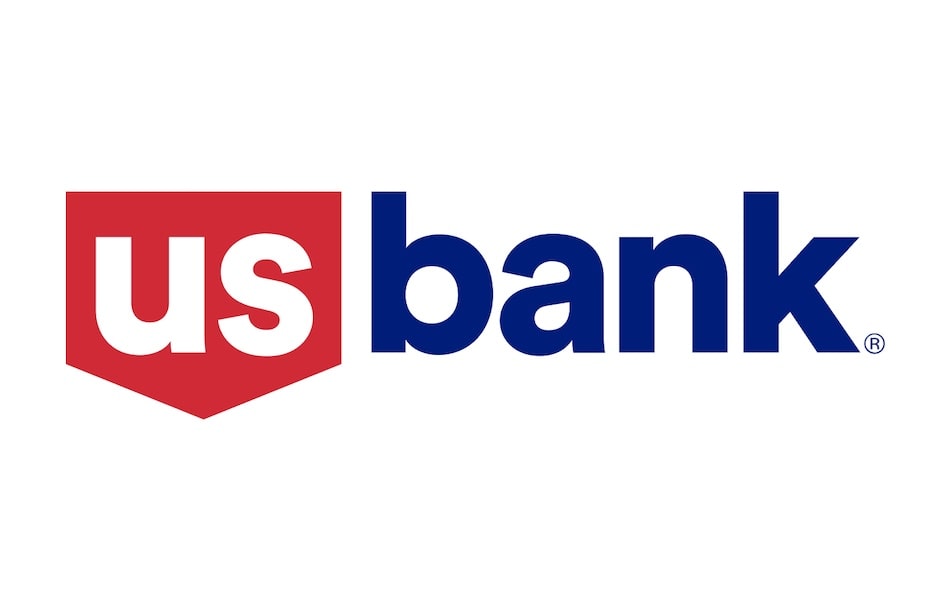
Bitcoin has received a global average trust score of 4.67 out of 10, according to a recent survey conducted by the Cornell Bitcoin Club and released on September 3, 2025.
Regional trust differences
The survey, spanning 25 countries, highlights notable regional variations.
Nigeria leads with the highest Bitcoin trust levels, while Japan ranks at the bottom.
Across all countries, Bitcoin is perceived as riskier than traditional assets such as gold, real estate, and major fiat currencies, as shown in comparative risk assessments.
Government and institutional trust
In ten countries—including Brazil, Indonesia, Kenya, Lebanon, Nigeria, the Philippines, South Africa, Turkey, Ukraine, and Venezuela—respondents expressed greater trust in Bitcoin than in their own national governments.
These nations are primarily emerging markets or face political instability.
Conversely, countries like the UAE, China, and Saudi Arabia showed much higher trust in their governments compared to Bitcoin.
Survey participants consistently rated Bitcoin as riskier than stocks or bonds.
However, 45% of respondents viewed Bitcoin as equally risky as stocks, and 43% saw it on par with corporate bonds, suggesting a perception of Bitcoin as a volatile asset class.
Responses regarding Bitcoin’s fraud reduction, privacy, and trust in service providers were largely neutral, indicating uncertainty about its practical benefits.
Link to financial stress and adoption
The data reveal that countries experiencing higher financial stress—such as Turkey, India, Kenya, and South Africa—report increased Bitcoin adoption rates.
In contrast, nations like El Salvador, Switzerland, China, and Italy showed lower financial stress alongside reduced interest in Bitcoin.
Mexico, Italy, and Japan ranked lowest in both financial stress and Bitcoin adoption.
Uncertainty remains
Overall, the survey suggests that Bitcoin’s global appeal is shaped by local economic pressures and levels of trust in institutions.
The findings highlight uncertainty, rather than outright skepticism, characterizing the global public’s view of Bitcoin’s utility.



